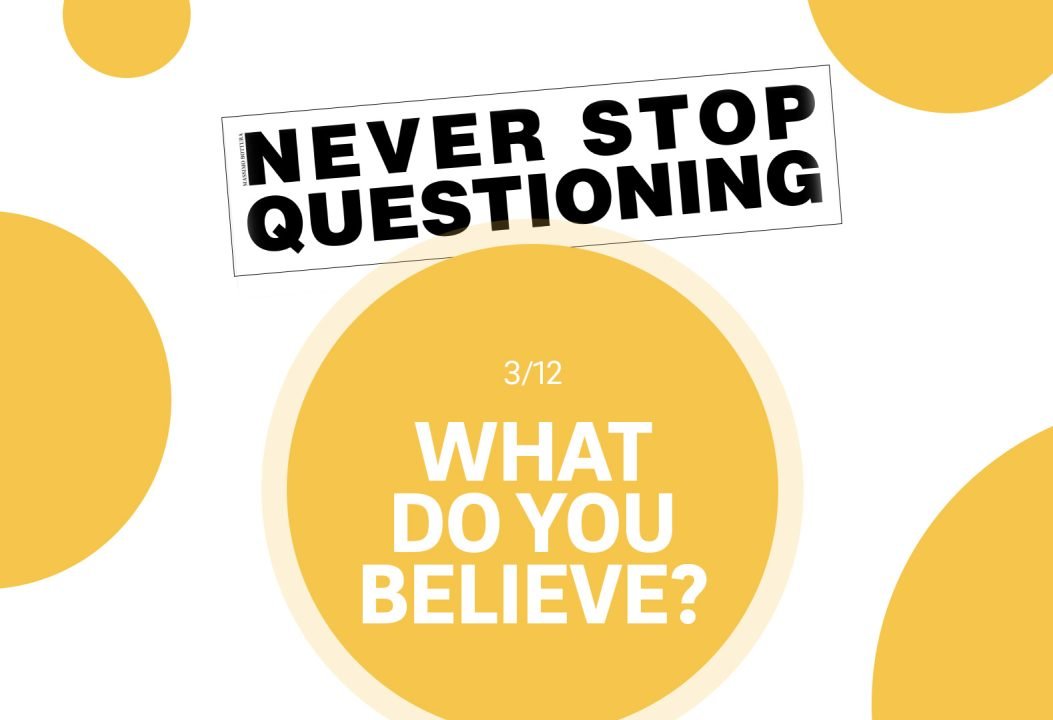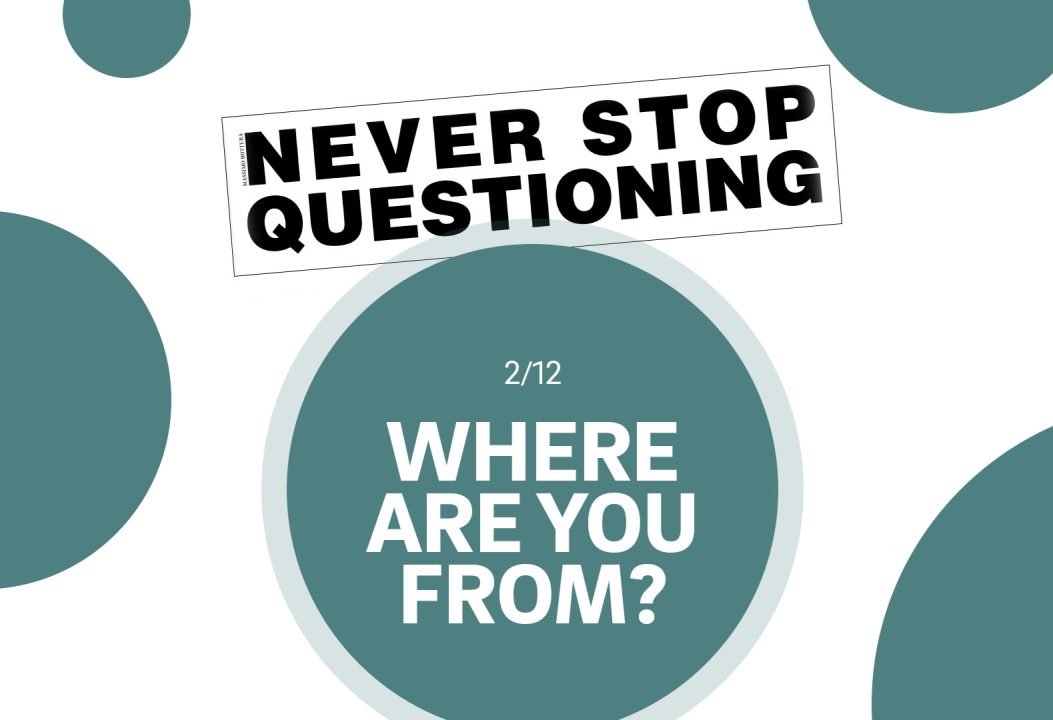Food for soul uses cookies strictly necessary for the proper functioning of the website, for its legitimate interest to enhance your online experience and to enable or facilitate communication by electronic means. To learn more about cookies please see our Cookie Policy
- About Us
- News and Stories
- News
- Food Waste: Turning Knowledge into Action
Becoming a Food Saver
- Choose Seasonal and Local: Opt for seasonal and locally sourced fruits and vegetables to reduce water usage and transportation emissions. For example, did you know that one avocado requires about 70 gallons of water to produce?
- Be Mindful of Portions: When shopping, think about the quantity you truly need. Choosing smaller, seasonal produce can lead to less waste.
- Educate Yourself: Familiarize yourself with what’s in season in your area to make informed decisions at the store.
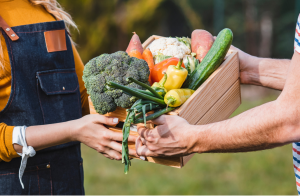
Reducing Food Waste
- Meal Planning: Create a detailed shopping list to ensure you buy only what you need. Research shows that 30-40% of the food supply in the U.S. is wasted, much of it at home.
- Store Food Properly: Invest in airtight containers to keep food fresh longer and prevent spoilage.
- Get Creative with Leftovers: Use leftover food in soups, stir-fries, or as salad toppings to minimize waste.
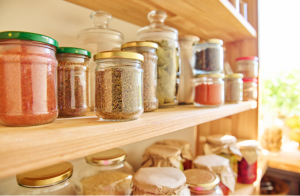
Be a Sustainability Hero
- Composting: Start composting to reduce your household waste by up to 30%. This practice diverts food scraps from landfills and enriches the soil.
- Support Regenerative Agriculture: Choose to buy from farmers who use regenerative methods, which help restore biodiversity and combat climate change. Fun fact: these practices can reduce methane emissions by up to 80 metric tons per year!
- Educate Others: Share your composting journey and sustainable practices with friends and family to inspire them to make changes too.
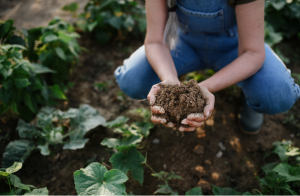
Sustainable Diet for Well-Being
- Share Meals: Eating together with family or friends strengthens social bonds and reduces feelings of isolation.
- Practice Mindful Eating: Focus on your food during meals. This mindfulness can help you appreciate portions better and reduce waste.
- Plan Social Gatherings: Organize potlucks where everyone brings a dish. This not only fosters community but also encourages using up ingredients before they spoil.
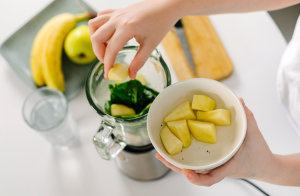
Every small change in our eating habits can make a significant impact. If you haven’t taken our ‘From Plate to Planet’ quiz yet, now’s your chance to see how well you know food waste!
To help you put these ideas into practice, we’ve created the FFS Meal Planner List. This resource is designed to guide you in planning your meals effectively, helping you cut down on waste and contribute to a more sustainable future.
Download your Meal Planner List and start making a difference today!
News and Stories
Your Gift Will Help Us Make A Difference Today
Would you help us create a socially inclusive world where no food is wasted, communities are food sufficient and have the tools to thrive?


